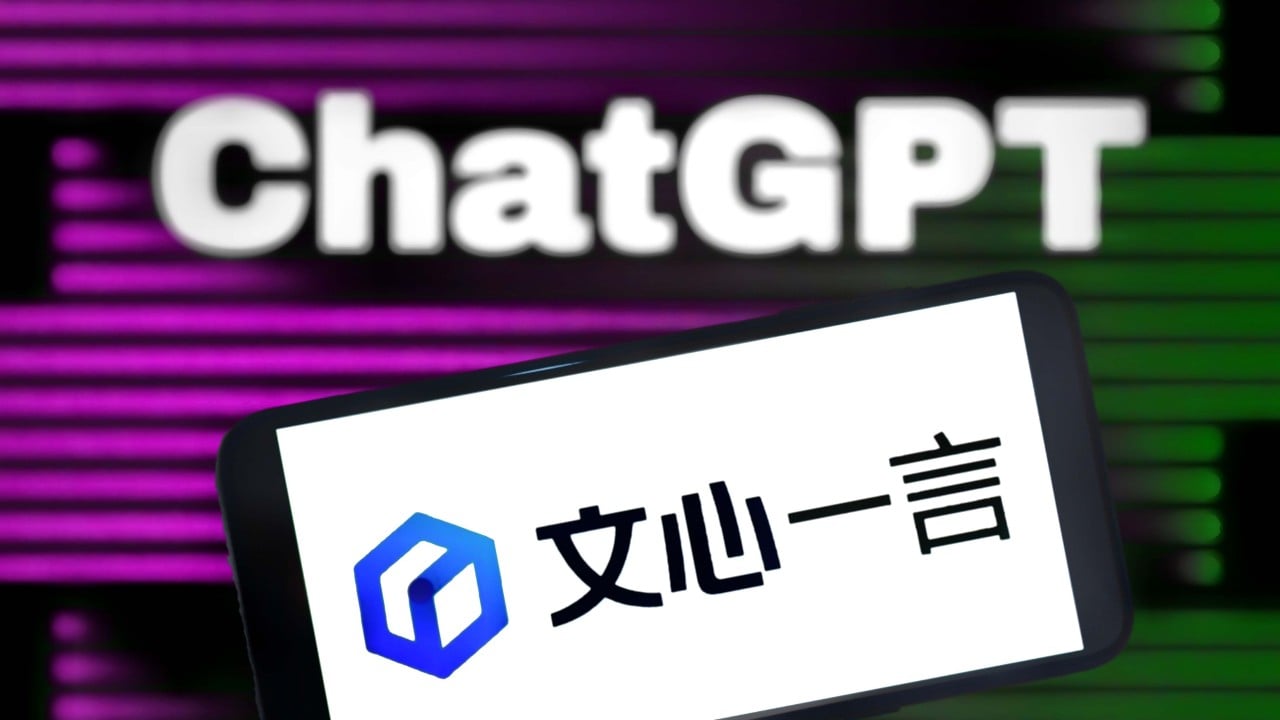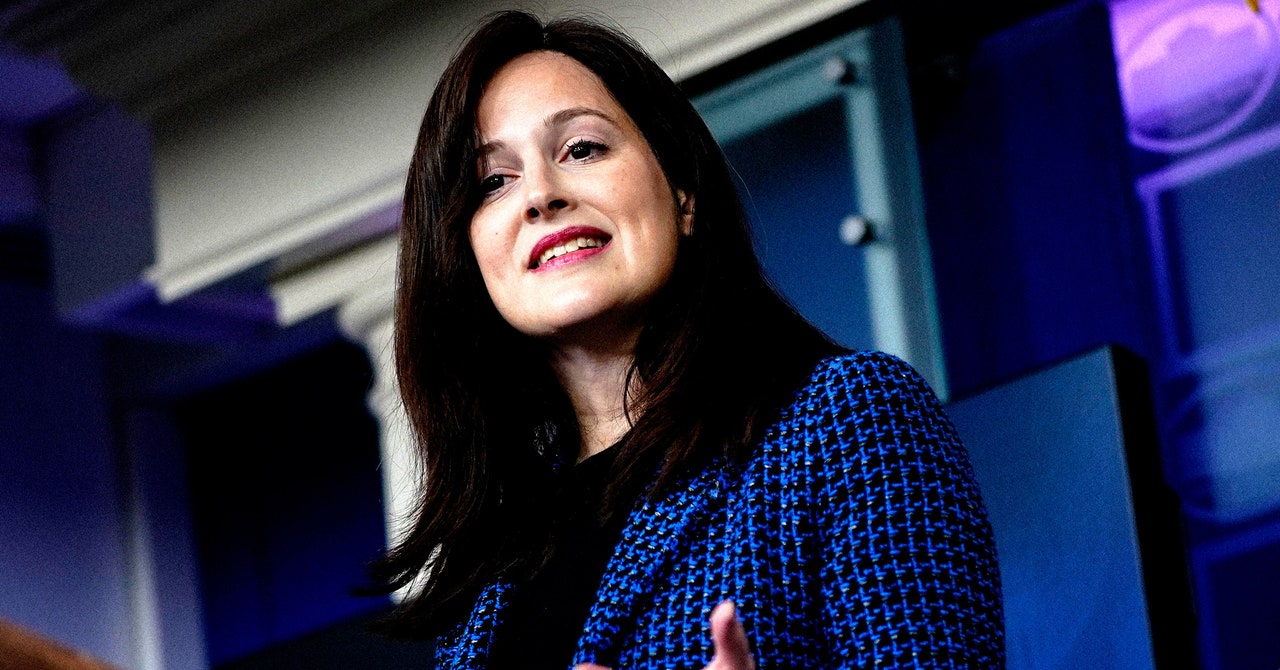A Chinese financial technology company is already making moves to leverage OpenAI’s Sora by asserting its forthcoming priority access to the application programming interface (API) via Microsoft’s Azure platform. This highlights the trend of mainland enterprises aligning themselves with state-of-the-art generative artificial intelligence (AI) technologies that are not readily accessible within the country.
Sinodata, headquartered in Beijing, announced its intention to be among the first entities to seek a Sora API subscription once the text-to-video tool is deployed on Azure, Microsoft’s cloud computing infrastructure and a major supporter of OpenAI. In a recent announcement on its website, the company disclosed its collaboration with Microsoft China to explore the potential applications of Sora.
By enrolling in Microsoft’s AI Cloud Partner Programme, Sinodata secures priority access and establishes itself as one of the primary solution partners for data and AI within the ambit of a recent agreement with the US tech behemoth.
Established in 2003, Sinodata went public on the Shenzhen Stock Exchange in 2012, specializing in generative AI, Web3, and the digital yuan technologies as outlined on its website. The company’s service portfolio encompasses solutions for banking and data centers.
Following the news, Sinodata’s stock surged by 10% to 14.40 yuan (US$2) before trading was halted due to hitting the daily limit.
The unveiling of demo videos generated by Sora by OpenAI last week sparked significant interest among Chinese businesses and the tech community, akin to the enthusiasm surrounding ChatGPT. However, concerns have been raised regarding China’s competitiveness in this domain.
OpenAI refrains from providing its services directly in China and certain other countries under US sanctions. Although it blocks Hong Kong IP addresses, Microsoft offers Copilot products, leveraging OpenAI’s GPT models, in the city.
Comparison of China’s AI Capabilities with ChatGPT
Major Chinese tech players have accelerated their efforts in developing proprietary text-to-video models.
In January this year, ByteDance unveiled the MagicVideo-V2 text-to-video model, integrating various modules into an end-to-end video generation pipeline.
ModelScope, developed by Alibaba Group’s Damo Vision Intelligence Lab, introduced a text-to-video tool supporting English input with video output limited to two seconds.
Several publicly listed Chinese companies have reassured investors of their vigilance in monitoring advancements in this domain.
Responding to queries on Hudongyi, an interactive platform on the Shenzhen Stock Exchange, Giant Network Group, a Shanghai-based gaming company, anticipates the transformative impact of Sora on content creation efficiency in the gaming sector.
HiteVision, a manufacturer of intelligent interactive tablets, foresees significant applications of generative AI products in the education sector, a pivotal market segment for the company.
Zhejiang Enjoyor Electronics, specializing in smart city construction services, envisions the potential utilization of text-to-video generation tools across various digital city scenarios, such as analyzing and determining fault in traffic incidents.

?x-oss-process=image/auto-orient,1/quality,q_90/format,webp)
Intelligent interactive tablet manufacturer HiteVision also said on the platform that it expects education to be an important application of generative AI products. Education is an important market segment for the company, it added.
Zhejiang Enjoyor Electronics, a construction service provider for smart cities, said on the Shanghai Stock Exchange’s platform that text-to-video generation tools may be applied in multiple digital city use cases in the future, such as assessing and determining fault in traffic accidents.










